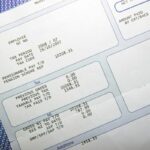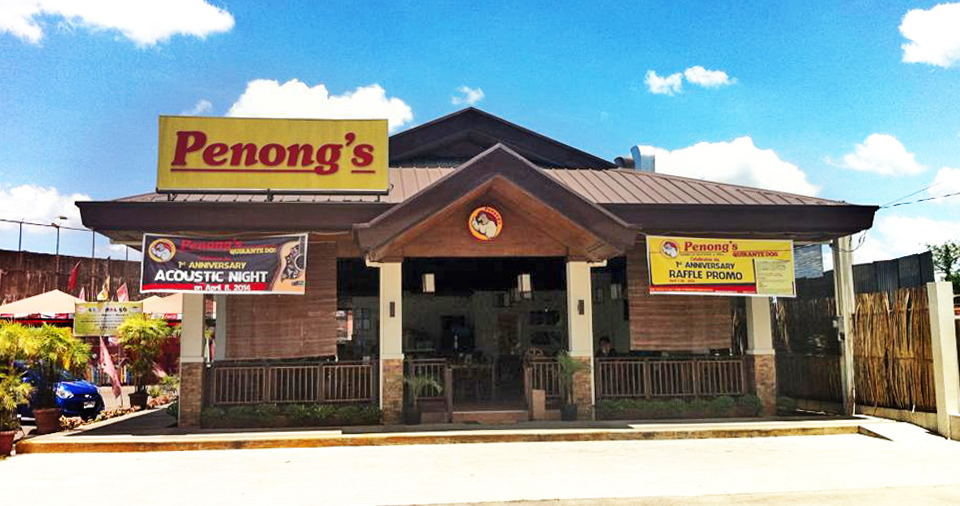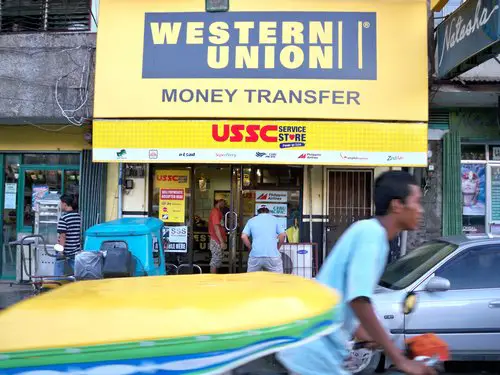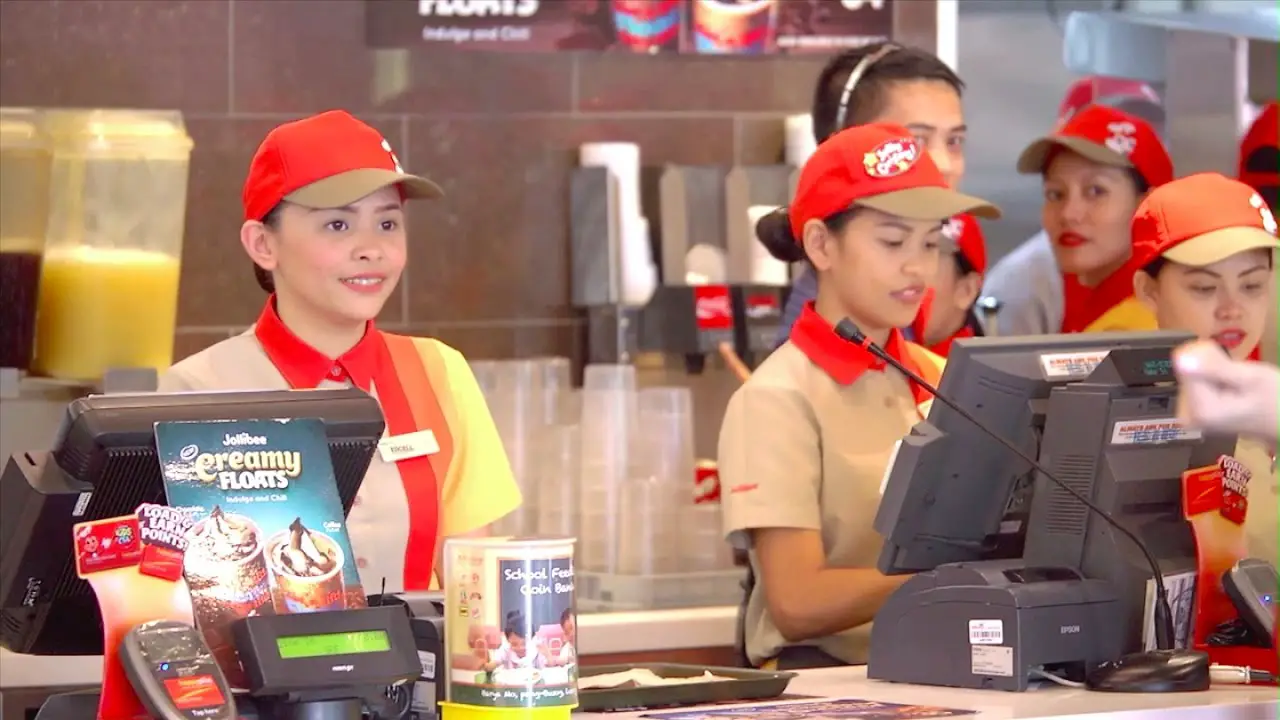Sure, entering a franchising business is rather a safer, less risky passage to business success. And why not, the business model, the renowned brand, and established target customers who are familiar with the price points, service, or product offerings and know what to expect.
That’s clearly ahead of a stand-alone individual business person who starts from scratch.

Table of Contents
Financial considerations before joining a franchise business
But joining the bandwagon, saving you time and effort to test your product with your clients (and failing), also pays in return. Many franchises charge royalties, membership fees, advertising charges, and other fees on top of the standard costs. So it’s prudent to be aware of what financial requirements you should be ready to shell out initially and months before deciding to make a commitment to being a franchisee.
Initial investment
This may refer to the franchise package which may include the following:
Initial fee
Downpayment for the entire cost of a selected franchise package that will formally allow you as a franchisee to use the brand’s trademark, business system, and services used to prepare your entry into the franchising business. As businesses may vary, costs for this fee also vary widely, from P50,000 for food carts to P3 million or even more for established restaurants/dealerships of popular brands.
Build-out
The amount used in the construction of a shop building, stall, office, or kiosk. This is often part of the package but may vary depending on the type of business or Franchisor preference.
Equipment
The amount used in the procurement of ovens, computers, freezers, cash registers, refrigerators, sewing machines, printing materials, security systems, or any other equipment necessary in the operation. The cost will depend on the size of the shop and the expected number of customers at any given time.
Furniture and fixtures
The amount used to buy tables, chairs, cabinets, wash areas, etc.
Signages
The amount used to produce trademark streamers, neon signs, directionals, posters, menu displays, etc.
Permits and licenses
The amount used to obtain a government license, permits, and clearances, along with payment for inspectors and required taxes.
Pre-operating expenses
The amount used to get the business running even before entertaining first customers. This includes training for staff, shop lease deposit, utility costs, etc.
Operating capital
The amount used to buy materials the franchise branch needs from the first until (typically) third month of operation. This includes raw products sourced from the franchisor or a third-party supplier.
Deposits
The amount used as a guarantee of use of utilities such as rental for water meter, electrical meters, telephone line, gas supply, etc. This is usually redeemable upon the end of a lease contract.
Recurring expenses
To maintain operation, the franchisee is expected to shoulder the following costs.
Royalty
The fee ranges between 5% to 10% of gross sales paid to the franchisor for rights to use the trademark and continued business support from the franchisor.
Recurring expense
These are the expenses expected to be paid on a monthly basis. This may include advertising and marketing costs to promote the brand on a national market. This is typically between 1% to 5% of total gross revenue.
Cost of goods such as materials or ingredients
This can vary depending on the type of franchising business you are running. This generally refers to the raw materials needed to produce your products. For example, chicken supply for a fried chicken stall or coffee beans for a coffee shop.
Employee wages
The heart and soul of the business are human resources and a well-paid worker is a happy worker. Therefore, this expense, along with rental payment, can significantly impact your business, whether you are in a franchising model or not.
Utilities
This includes water, gas, electricity, and phone bills, which are essential elements to keep the business running.
Shop lease
If you are leasing your business space, a substantial recurring expense includes the rental payment to the landlord.
Other incidental expenses
This includes delivery costs, tips, taxi fare, laundry costs, etc.
Maintaining a business can be a costly one, so it’s always expected that sales revenue should exceed expenses to turn out a profit. If your calculations are right and you are confident that starting a business on a franchise model is the way to go, good luck. Otherwise, ask for more professional advice to get further guidance.








